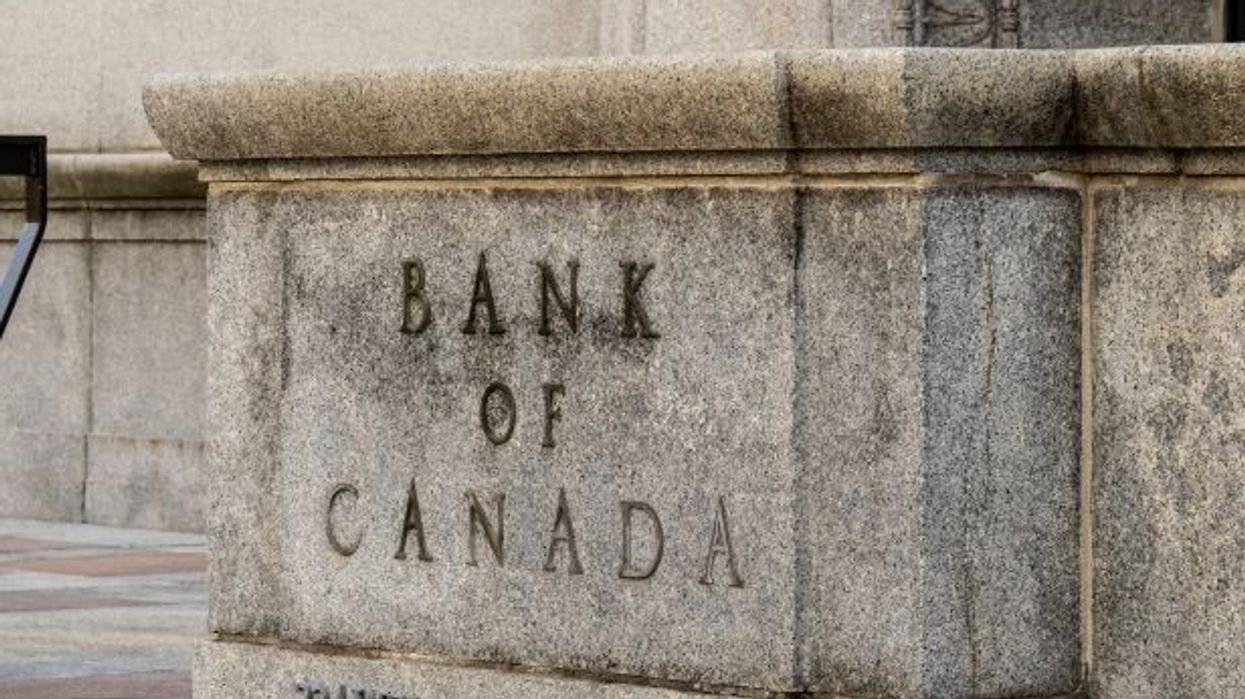The Bank of Canada (BoC) raised its benchmark interest rate for the seventh time earlier this month, but it’s not having the desired effect on inflation. In fact, Canada’s inflation rate was relatively unchanged in November, sitting just 0.1% below the month prior.
Doug Porter, Chief Economist at BMO Capital Markets called November’s inflation figures “a disappointingly high reading," in a report published yesterday. "The fact that many measures of core inflation are still nudging higher is a clear warning sign of persistent underlying pressures," Porter wrote.
With the BoC's next interest rate announcement scheduled for January 25, industry leaders, including Porter, are now saying to expect another increase in the new year. Ron Butler, a mortgage broker at Butler Mortgage, tells STOREYS that stubborn inflation “pretty well stamps a 25-basis-point additional increase on the Bank of Canada prime.”
"Let's face it, it's reasonably bad news,” he continues. “This is one of the most rapid increases in rates in history from a percentage basis. We started at 0.25% and we're not even a full year yet and we're at 4.25%. That is a spectacular percentage increase. And it's having its effect, but another 25-basis-point increase will continue to exacerbate the problem.”
The problem being affordability. With inflation high and interest rates climbing, Canadians are getting hit where it hurts. Cost of living was up in most regards in November, and that includes essential goods and services such as food -- with prices jumping 11.4% year over year -- and housing, with prices up 7.2% annually.
If an eighth hike is indeed realized, there is another adverse effect to consider.
“It probably postpones any opportunity for the Bank of Canada prime rate to come down,” says Butler. “Every stubborn retention of inflation puts us farther away from when rates can come down. Pushing inflation back in a meaningful way -- 20 basis points, 30 basis points, like really meaningful change -- is becoming more and more distant. And that means these high Bank of Canada rates must continue for a longer period of time, which is much more damaging to the economy.”
Moshe Lander, a Senior Economics Lecturer at Concordia University, says that while November’s inflation miss does give the BoC reason to increase interest rates again, doing so may be overly reactionary.
“Remember that interest rate increases take about 12 to 18 months to work their way through the economy,” he says. “The original increase came in March, so we still haven't reached the full impact of that first increase -- and that was only 25 basis points. The real big increases came in the middle of 2022. If we're going to get to those 12 to 18 months to have their full impact, that's not until the middle or end of 2023.”
While Lander believes 2022's aggressive hike cycle was certainly justified, he forecasts the Bank will have “more of a steady hand” in the year to come.
“They do need to take a pause at some point. They need to at least sit out one meeting and just say, ‘we want to see what happens,’ whether that comes in the first meeting or the second meeting of 2023,” he says. “At some point, we're going to start to see GDP numbers for the end of this year. Once we get a little bit of a feel for what happened at the end of 2022, that's probably going to guide what starts to happen in 2023."
In the meantime, the BoC should be wary of making moves out of haste, Lander says.
"The last thing that I think they want to do is say, ‘We overdid it, now we need to decrease rates.’ That's going to confuse Canadians and anger them a lot more.”





















